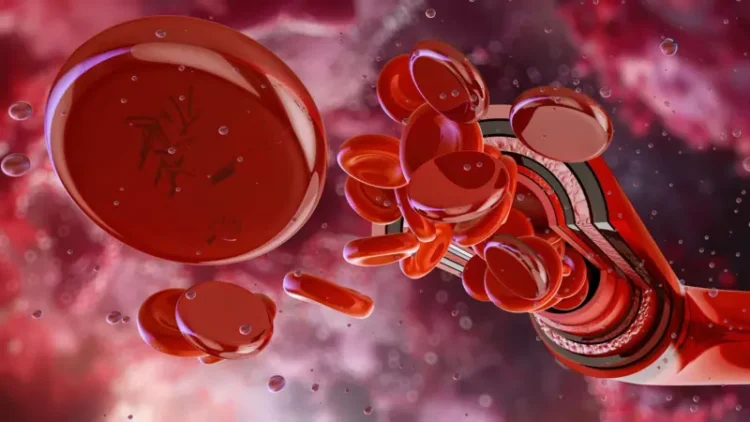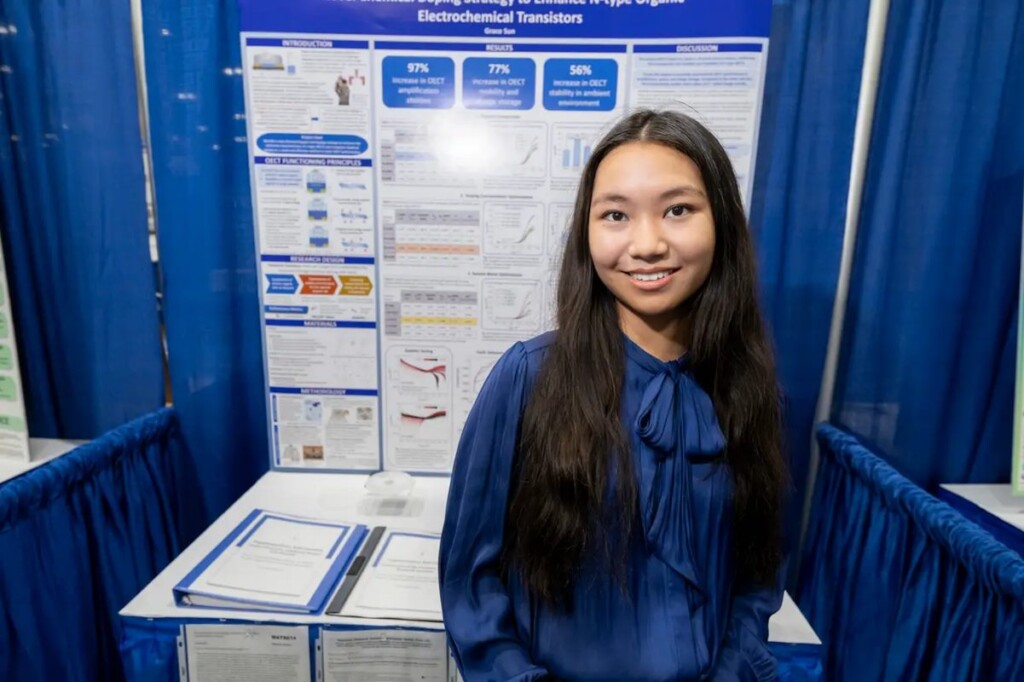
By kamran: A 38-year-old woman in Bengaluru has been found to have a blood group that is considered extremely rare in the world. This blood group has been named 'CRIB' , in which 'C' stands for Cromer - one of the 47 known blood groups, 'I' stands for India , and 'B' stands for Bengaluru .During the woman's heart surgery , doctors might have needed a blood transfusion, but they were unable to identify her blood type. Because of this inability, they were unable to prepare a stock of blood as per normal procedure.After researching on this blood group for 11 months, it was discovered that this is a unique group which was never seen before in India.Dr. Ankit Mathur, who was the chief surgeon of this surgery, said with relief that,“We had no idea that we were facing a case that would go down in history. The surgery was successful and we did not need a blood transfusion. It was a wonderful combination of science and luck.”This case has become a unique example in medical science and can further deepen research towards blood testing and identification in the coming years. Source: https://manvadhikarmedia....

